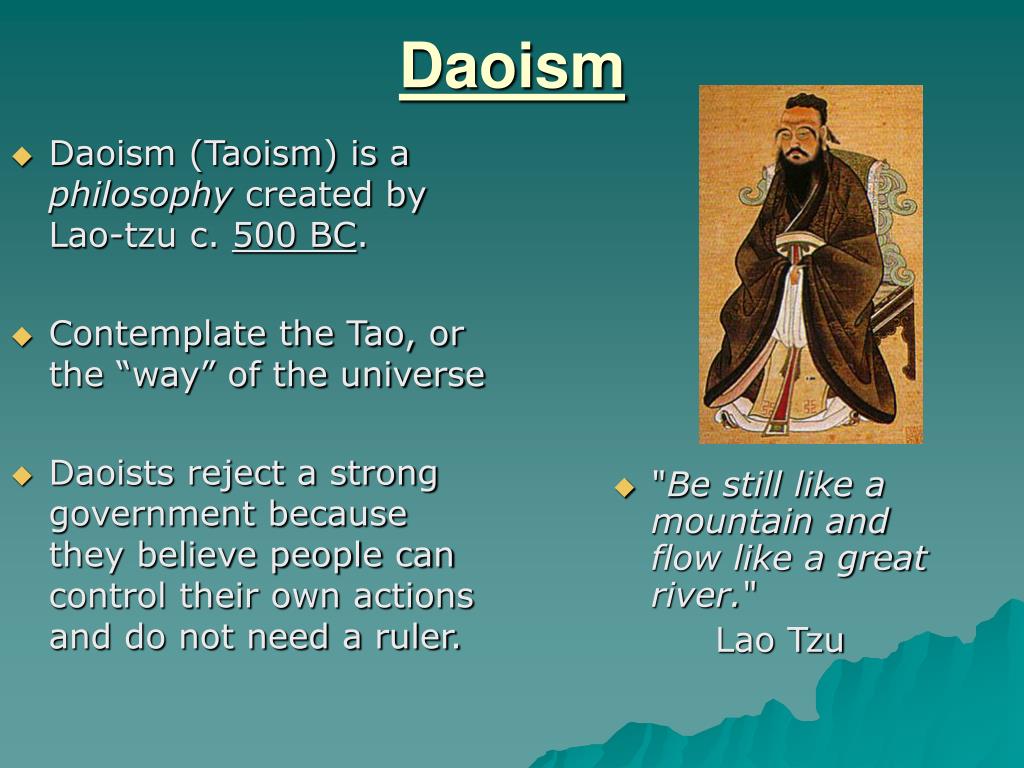[Revised entry by Joseph Heath on June 12, 2024.
Changes to: Main text, Bibliography]
This doctrine was introduced as a methodological precept for the social sciences by Max Weber, most importantly in the first chapter of Economy and Society (1922). It amounts to the claim that social phenomena must be explained by showing how they result from individual actions, which in turn must be explained through reference to the intentional states that motivate the individual actors. It involves, in other words, a commitment to the primacy of what Talcott Parsons would later call “the action frame of reference”…
Originally appeared on Stanford Encyclopedia of Philosophy Read More
Post Views: 119






